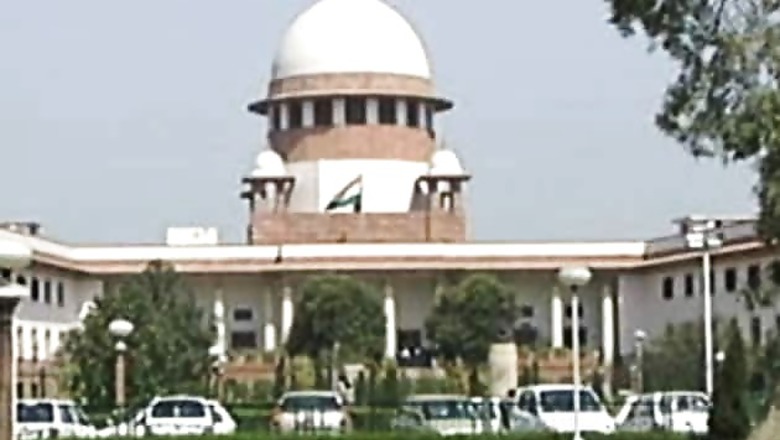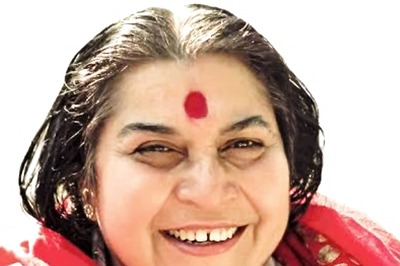
views
New Delhi: The Supreme Court has agreed to hear a plea filed by the Centre and other political parties seeking a review of its two landmark judgements disqualifying MPs and MLAs on being convicted and debarring arrested persons from contesting polls. A bench of justices AK Patnaik and SJ Mukhopadhaya decided to hear the review plea, which is normally decided by judges in chamber, in open court and posted the matter for heaing on September 4.
"The language of Order XL Rule 3 of Part VIII of the Supreme Court Rules, 1966 makes it clear that an application for review shall be disposed of by circulation without any oral arguments 'unless otherwise ordered by the Court'.
"The court is of the opinion that it should hear the oral arguments before passing any order on the applications for review. Hence, the Registry is directed to list these two review petitions before the court for hearing along with other review petitions filed against the same judgement and/or order before the court for hearing at 2 pm on September 4, 2013," the one-page order said.
The order was passed on a plea of President of Haryana Swatantra Party Ramesh Dalal but the court said it will hear petitions filed by others also. The review petition was also filed by the Centre which contended that protecting convicted MPs and MLAs from disqualification during pendency of appeal is necessary "to protect the House and to ensure that governance is not adversely impacted".
The apex court had on July 10 held that an MP or MLA convicted for any criminal offence attracting a punishment of two years and above will be disqualified immediately and a person, who is in jail or in police custody, cannot contest election to legislative bodies.
It had declared as unconstitutional a provision in the Section 8(4) of Representation of the People Act that says a convicted legislator can continue in office if he or she appeals in a higher court within three months of the conviction. The verdicts have been widely opposed by politicians cutting across party lines.
The government justified the protective provision for elected member on the ground that the rate of acquittal in India judicial system is high and if the elected member is once disqualified on being convicted, then his membership of the House cannot be restored after his acquittal.
"This court ought to have appreciated that the impact of the decision in the reality of the Indian judicial system is that the rate of acquittal in the appellate court is high and keeping in view the time taken to dispose of the criminal appeals, Section 8(4) was enacted to protect the House and ensure that governance is not adversely impacted," it said.
"In the absence of Section 8(4) of the Act, a member would be remediless since the disqualification would not be wiped out from the date of conviction, even when the conviction is reversed and he would not be entitled to restoration of his membership and disqualification of the House," the petition said.


















Comments
0 comment